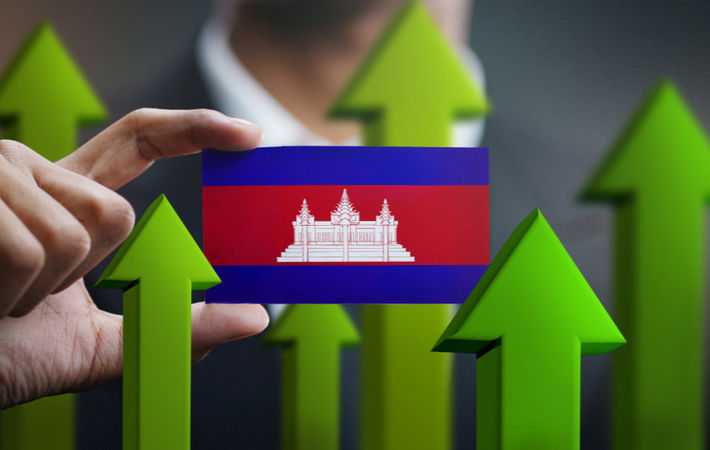
The uncertainties also include stalled multilateralism at the World Trade Organisation and the rising employment of unilateral protectionist policies among member states, he told a workshop titled ‘RCEP: Implications, Challenges and Future Growth of East Asia and ASEAN’.
The workshop was jointly organised by the Jakarta-based think tank Economic Research Institute for ASEAN and East Asia (ERIA) and the commerce ministry’s Trade Training and Research Institute (TTRI), the ministry said in a statement.
“This agreement is also a well-timed intervention in Cambodia’s quest for an LDC graduation, likely by 2028, and the country’s endeavours to achieve the upper middle income and high income statuses by 2030 and 2050, respectively,” he was quoted as saying by Cambodian media reports.
The minister underlined that the RCEP was not merely a garden-variety agreement, but a key driver of regional economic growth for during and after the COVID-19 pandemic.
Late last month, the World Bank noted that Cambodia ranked third in both real income gains and export growth among RCEP members.
Fibre2Fashion News Desk (DS)